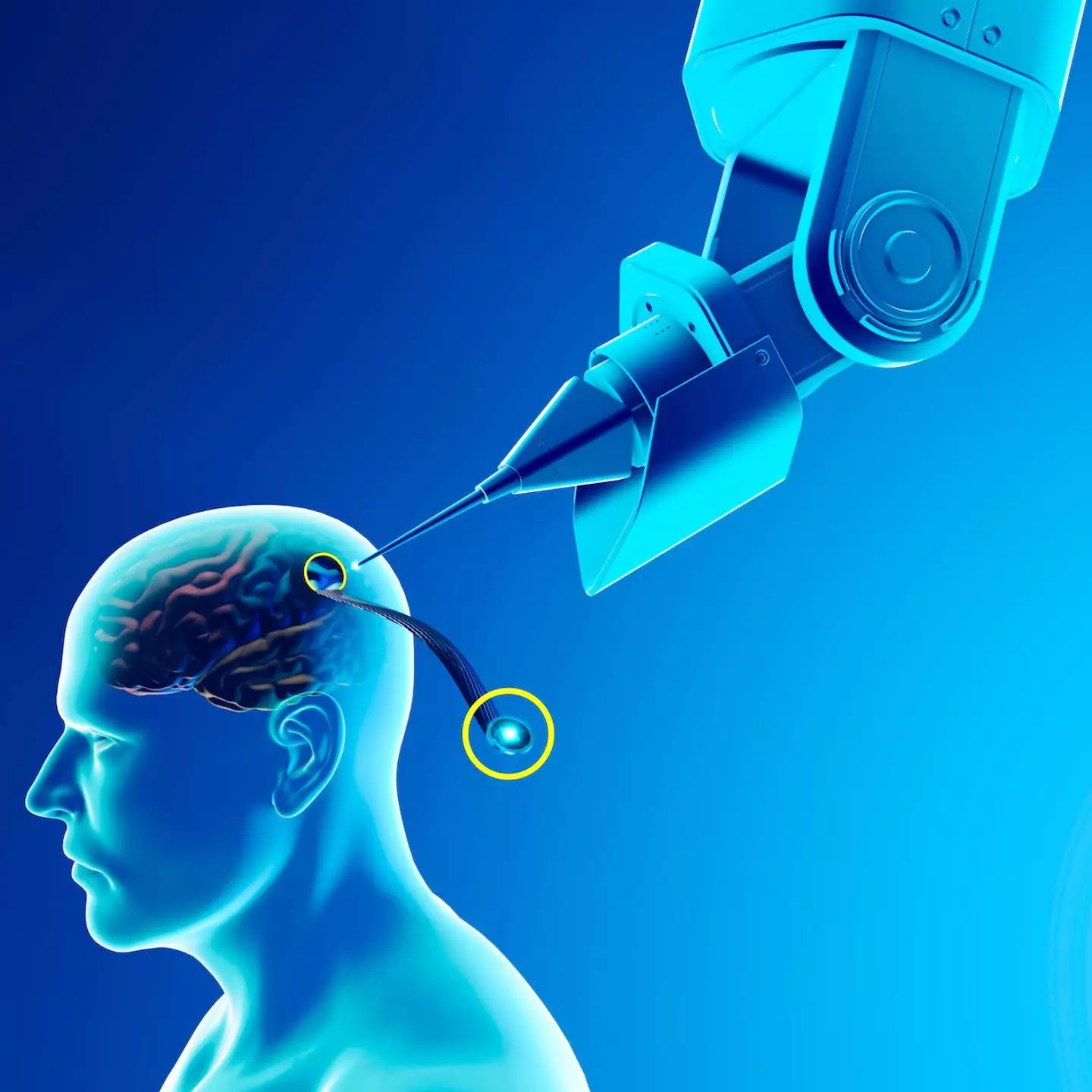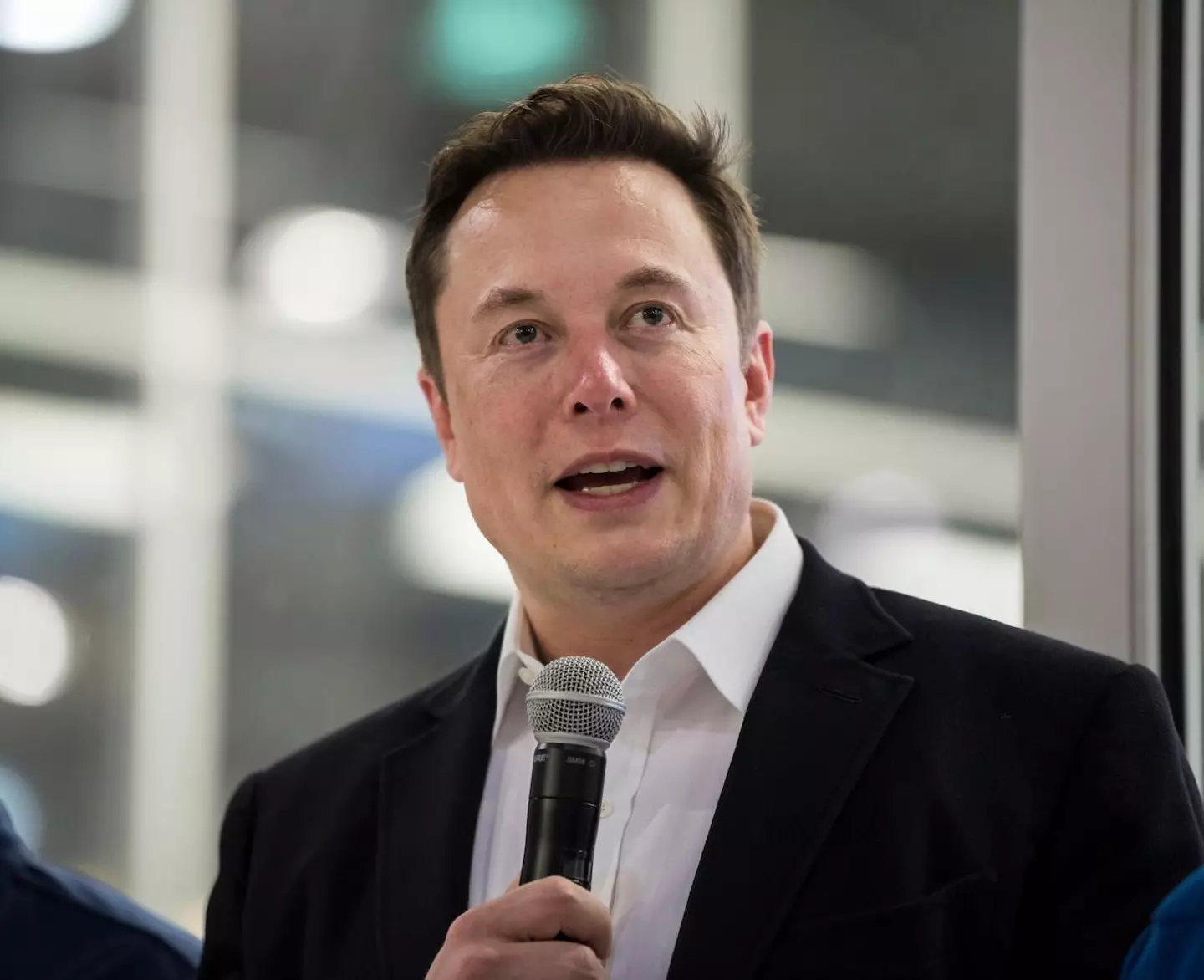
Elon Musk's Neuralink wants to test brain implants in people and is seeking permission to do so.
Established in 2016, the company has invested hundreds of millions of dollars to bridge the gap between humans and machines.
Within the next six months, the world's richest man wants human trials to take place so the company can develop brain chip interfaces to help disabled patients, he said during a livestream presentation on Wednesday (30 November).
As reported by Reuters, Musk said: "We want to be extremely careful and certain that it will work well before putting a device into a human.
"The progress at first, particularly as it applies to humans, will seem perhaps agonizingly slow, but we are doing all of the things to bring it to scale in parallel.
Advert
"So, in theory, progress should be exponential."
Sounding like someone from a sci-fi movie, Musk added: "Even if someone has never had vision, ever, like they were born blind, we believe we can still restore vision."
Rajesh Rao, co-director of the Centre for Neurotechnology at the University of Washington, said the the idea of linking people's brains to computers dates back to the 1960s.
He said: "It really took off in the 90s. And more recently we’ve seen lots of advances, especially in the area of communication brain computer interfaces.
Advert
"But they are quite ahead in terms of the actual hardware in the devices."

Earlier this year, Dr. Karola Kreitmair, assistant professor of medical history and bioethics at the University of Wisconsin, told The Daily Beast that we need to really examine how Neuralink will change society.
"I don't think there is sufficient public discourse on what the big picture implications of this kind of technology becoming available are," she said.
Advert
"I worry that there's this uncomfortable marriage between a company that is for-profit."

Dr. L. Syd Johnson, associate professor at the Center for Bioethics and Humanities at SUNY Upstate Medical University, also told the publication: "If the ultimate goal is to use the acquired brain data for other devices, or use these devices for other things - say, to drive cars, to drive Teslas - then there might be a much, much bigger market.
"But then all those human research subjects - people with genuine needs - are being exploited and used in risky research for someone else's commercial gain.
Advert
"If Neuralink is claiming that they'll be able to use their device therapeutically to help disabled persons, they're overpromising because they're a long way from being able to do that."
Topics: Elon Musk, Celebrity, Technology